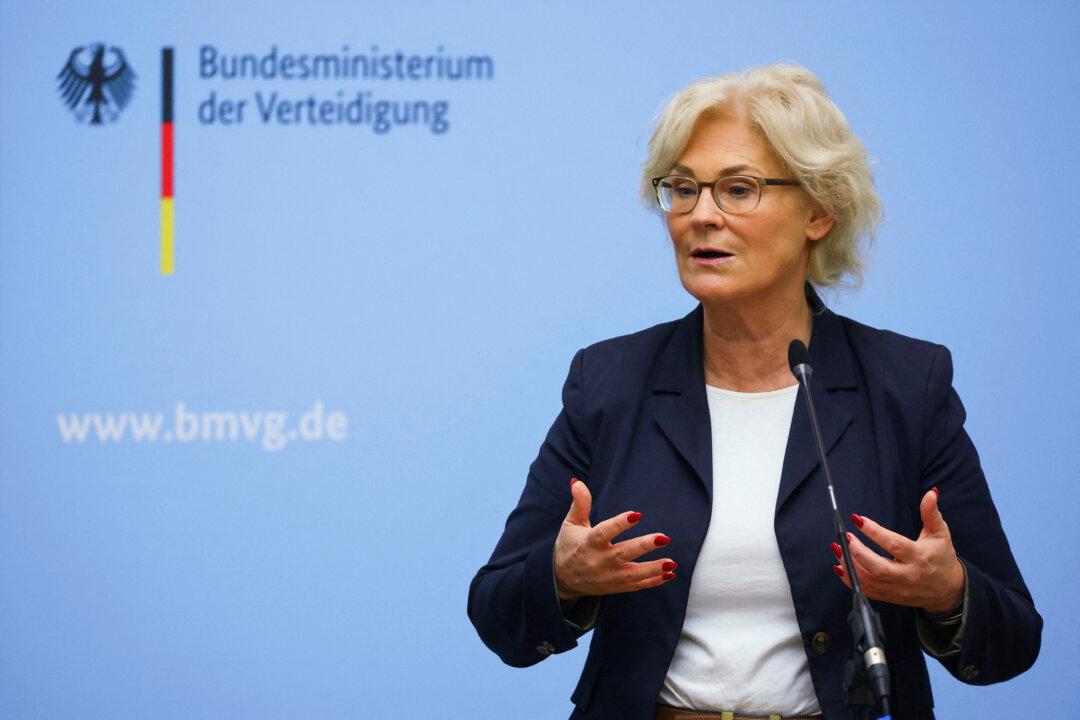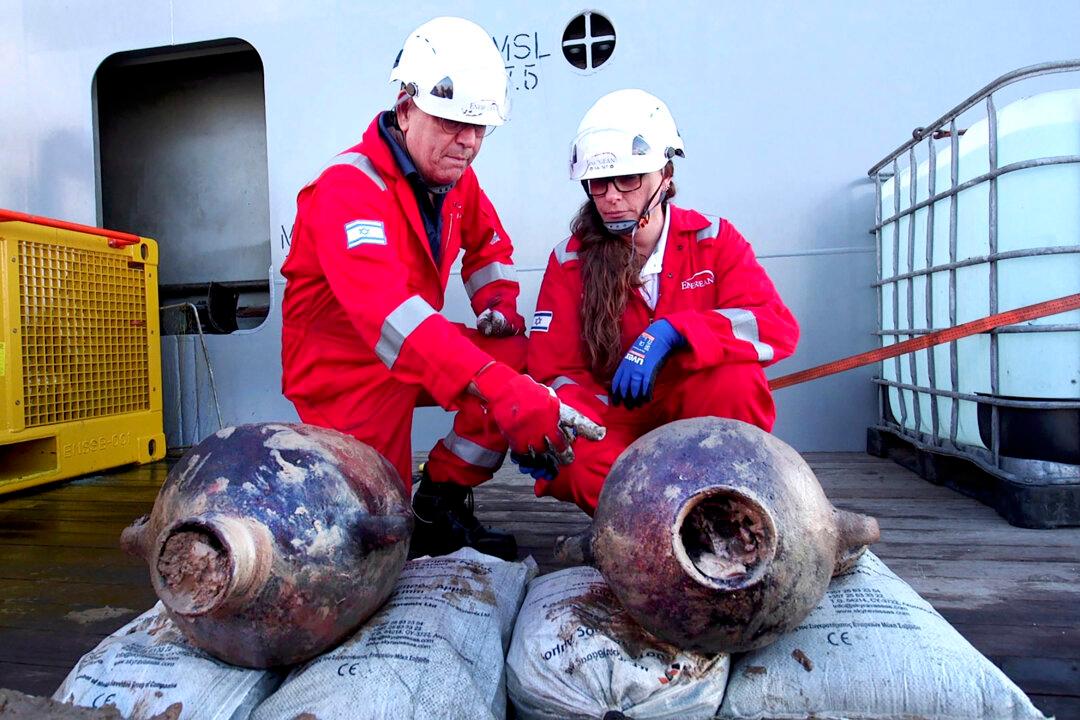German Defense Minister Christine Lambrecht resigned on Jan. 16 over public skepticism regarding her efficiency, at a time when the nation’s military is undergoing changes.
“Today, I asked the chancellor to dismiss me from the office of federal minister of defense.” Lambrecht, a member of Chancellor Olaf Scholz’s Social Democratic Party (SPD), said about her resignation request to Scholz. A spokesperson for Scholz said that Lambrecht’s resignation has been accepted.





